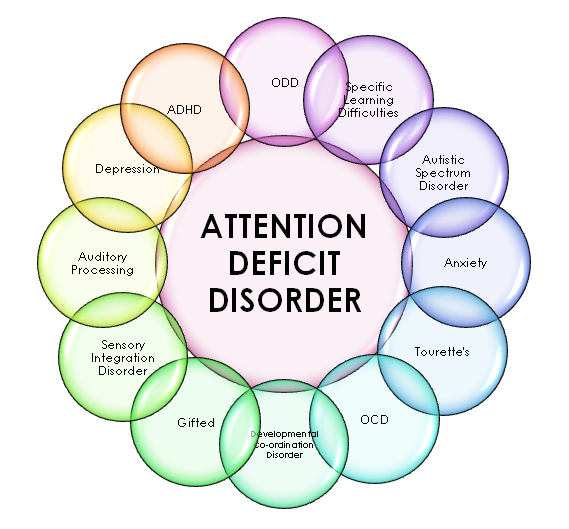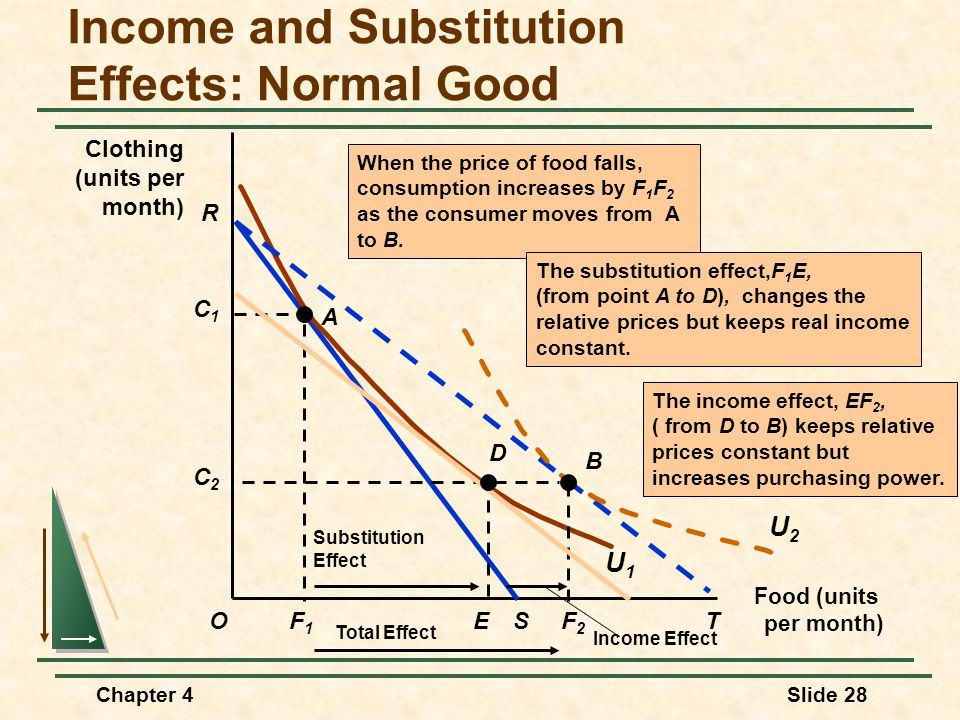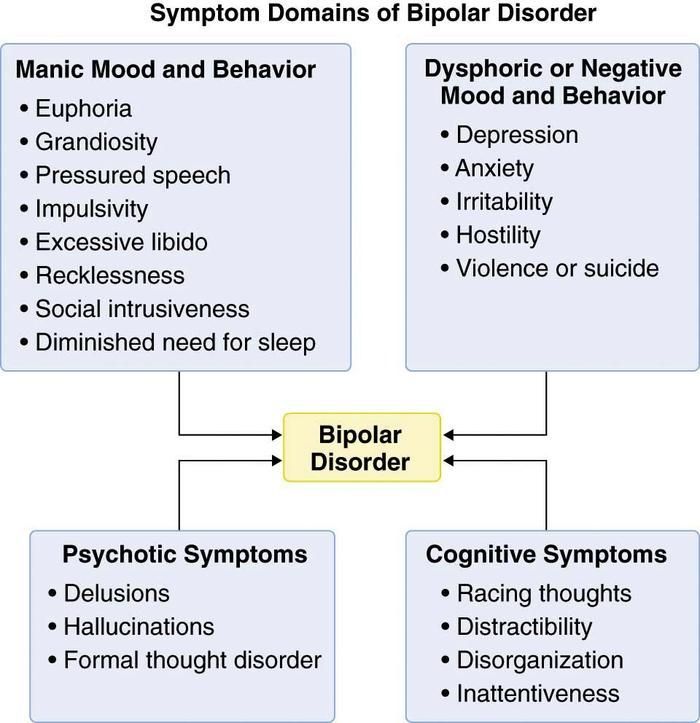Being too much
Feeling Intensely: The Wounds of Being "Too Much"
Some people feel more than others.
They are often told—spoken and unspoken—that they are "too much," "too intense," "too sensitive," "too emotional," and that their behaviors are either "too dramatic" or "too timid."
People who feel more deeply and intensely than others are more aware of subtleties; their brain processes information and reflects on it more deeply. People with emotional intensity are sometimes described as sensitive, caring, and attentive. At their best, they can be exceptionally perceptive, intuitive, and keenly observant of the subtleties of the environment. Yet they are also overwhelmed by the constant waves of social nuances and others' emotional and psychic energies.
They tend to notice and remember a lot and can be overstimulated when things are too chaotic or novel for a long time. This ability to feel deeply and intensely often starts from a young age when emotion regulation skills are lacking and can lead to psychological wounding associated with shame and loneliness.
Growing awareness of this trait has generated much inquiry, yet psychologists have so far been unable to agree on a single defining attribute. If you identify with the description, there are a few possibilities:
- This may mean that you are one of the 15-20 percent of the population wired differently as a Highly Sensitive Person.
- This may mean that you fall on the right side of the bell curve as a gifted person.
- This may mean you do have or are mislabeled as having a mental illness such as Emotion Regulation Disorder, ADHD, Bipolar Disorder, or Dysthymia (chronic depression).
The world is gradually coming to embrace the concept of neurodiversity — the idea that particular groups of the population are "different" from the norm, with specific kinds of sensitivity, intensity, and giftedness. However, with little awareness, many emotionally intense adults confessed to having felt lonely and misunderstood for years, being plagued with self-doubts, and living with a lingering sense of existential loneliness.
Source: UNSPLASH
Emotional intensity comprises of the following five components:
1. Emotional Depth, Velocity, and Complexity
You experience emotions to an unusual level of depth, complexity, and intensity. This makes you feel incredibly alive, sometimes painfully so.
- You have a constant stream of both positive and negative feelings, sometimes together, sometimes from one to another in a short period.
- You soar high into bliss and plunge low into gloom in rapid succession.
- You know the meaning of despair, but you also know beauty and rapture. When art or music moves you, you are flooded with waves of joy, or get transcended into a state of ecstasy.
- You are passionate, even if you do not show it on the outside.
- You tend to form strong emotional connections with people, places, and things, and sometimes that makes separation difficult.
- You experience life with much tenderness and nostalgia.

A human creature born abnormally, inhumanly sensitive.
To him
a touch is a blow,
a sound is a noise,
a misfortune is a tragedy,
a joy is an ecstasy,
a friend is a lover,
a lover is a god,
and failure is death.—Pearl Buck
2. Deep Empathy and Sensitivity
- From an early age, you have a grave concern for others and the wider world. When others are abused or mistreated, you feel as if it is happening to you.
- You may resonate with traits of being an "empath," due to your innate ability to feel and be affected by other people's energies. In social situations, you can intuitively identify with others' emotions, and you may feel that you "absorb" their physical and mental ailment, to the point where you get overwhelmed.
- Because of your responsiveness and insights into others' pain, you tend to form soulful and meaningful connections. You are loyal, idealistic, and romantic.
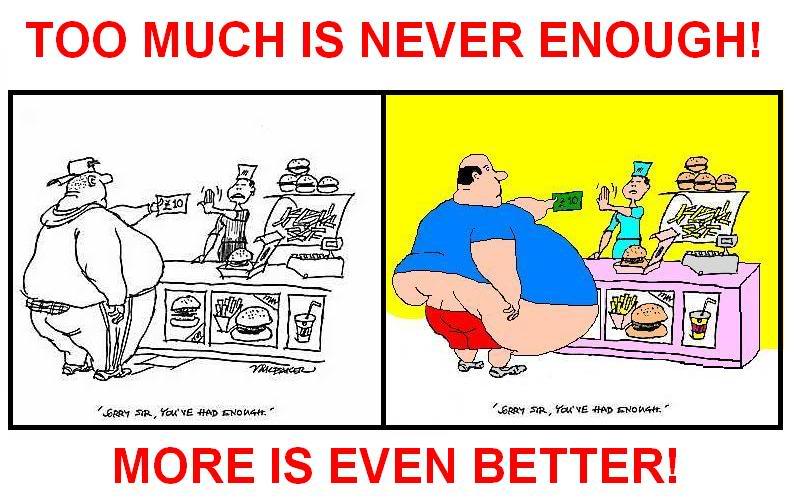
- However, being naturally open and sensitive also means you are vulnerable to relational injuries from a young age. Your natural tendency to be open and loving may get stunted due to early rejections and trauma.
- Having a heightened sensory system means that you are extremely sensitive to your surroundings. You have an increased appreciation of sensual pleasures such as music, language, and art, as well as intense reactions to sight, sound, touch, taste, and smell. This may also cause you to feel overwhelmed or uncomfortable with too much sensory input. You may be sensitive to loud noises, strong smells, or tactile sensations such as clothing tags and rough surfaces.
3. Highly Acute Perceptivity
- Being perceptively gifted means you can sense and perceive things that others miss. With acute awareness, you can see beyond superficiality, grasp patterns, and make linkages.
- Insights, intuition, and the ability to read several layers of reality allow you to assess people and situations rapidly.
 You can sense incongruence and their intentions, thoughts, and feelings that are underneath the facades.
You can sense incongruence and their intentions, thoughts, and feelings that are underneath the facades. - You have a sense of knowing when something is about to happen, or about other people's inner worlds.
- However, your abilities do not necessarily make life easy. You are bothered by hypocrisies and unfairness and struggle with inauthentic people and situations. You cannot help but be the one who points out the "elephant in the room," but your perceptiveness may seem intimidating to those who felt "seen through."
- In a family situation, you may be scapegoated to be the one who carries the painful truth that is unsaid in the facade of normalcy. You may carry the role of being the "problematic one", the scapegoat, or the black sheep.
- You have an innate urge to push the boundaries of conformity, to question or to challenge traditions, particularly those that seem meaningless or unfair. Paired with a strong sense of justice, you are often frustrated with corruption and inequality in the world.
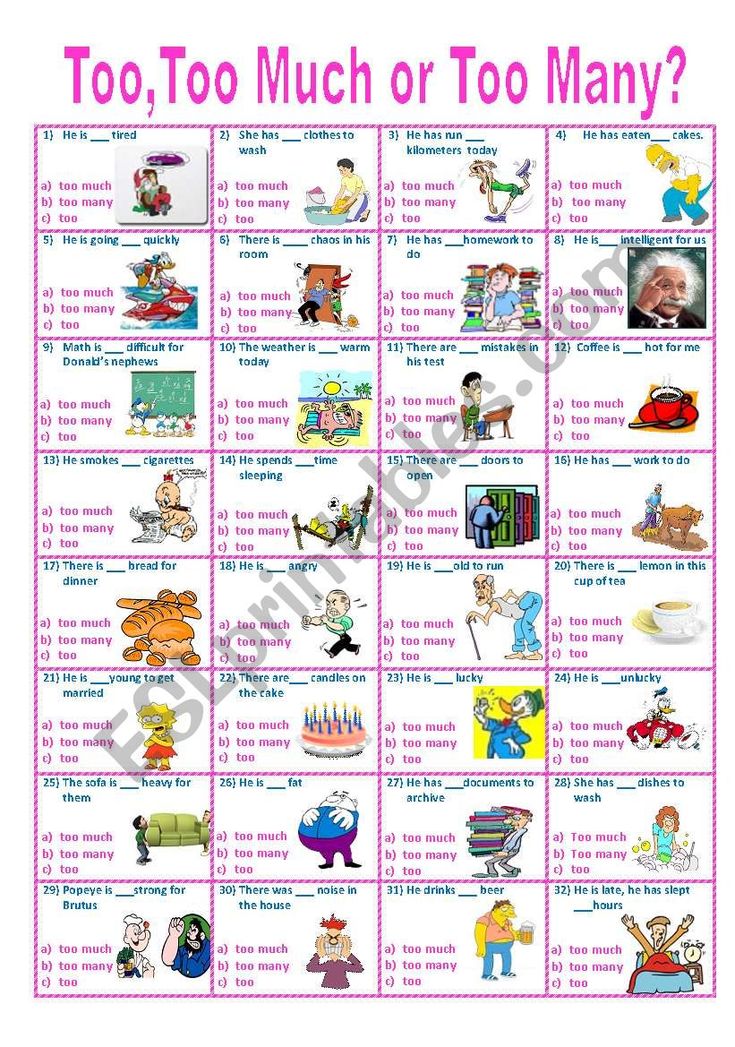
- Although this may indicate a challenging life path for you, you also have the potential to thrive as a visionary leader.
- You may constantly feel older than others around you, like an "old soul" that has somehow lost your roots.
Source: UNSPLASH
4. A Rich Inner World with Sensual, Imaginary, and Intellectual Excitability.
- You have a rich inner world that is imbued with words, images, metaphors, visualizations, vivid fantasies, and dreams.
- As a child, you might have resorted to your imagined world as a haven in times of emotional turmoils.
- Intellectually, you are inquisitive and reflective. You have a strong need to seek to understand, to expand your horizons, to gain knowledge, and to analyze your mental content.
- With an ability to process information with speed and depth, you absorb and surge through information very quickly. You are likely to be an avid reader and a keen observer. You may appear critical and impatient with others who cannot keep up with you.

- You also can integrate intellectual concepts with your deep feelings for original conceptions. You may have a constant stream of ideas, sometimes so many that you feel you cannot keep up with it.
- You tend to experience zealous enthusiasm about certain topics and endeavors. When you get excited about an idea, your mind runs faster than your words can keep up, or you find yourself talking rapidly, perhaps even interrupting others.
- When you become absorbed in your love for a piece of art, literature, theatre, or music, the outside world ceases to exist.
- You are highly capable of contemplative thinking and self-reflection. The flip side is that you may be occupied with obsessive thoughts and scrupulous self-examination. You may also suffer from perfectionism and self-criticism.
- You are extremely open-minded. You are sensitive to the spiritual world or were drawn to the spiritual path from a young age. This may or may not manifest as some form of psychic ability.

Source: UNSPLASH
5. Creative Potential and Existential Angst
- You have always been concerned with the big questions of life. From a young age, you may experience existential depression and have felt grief over the meaninglessness of life, death, and loneliness.
- You might have felt frustrated that those around you were not prepared to discuss and consider these weighty concerns.
- Your existential angst may manifest as an unnamed sense of urgency, a constant impulse to move forward. You get a constant "niggling" feeling that there is something important that you should be doing, even when your vision is not clear yet. You live with a feeling that somehow time is running out, and you are not doing what you should be doing.
- For some unnamed reason, you feel a weight of responsibility on your shoulder, even for things you are not responsible for.
- Your angst propels you to learn, to expand, and to advance in your life path, but it can also paralyze you.
 You may be prone to creative blockages such as "artist's block," "writer's block," procrastination, the fear of exposure, or the Imposter Syndrome (the feeling that you are a fraud).
You may be prone to creative blockages such as "artist's block," "writer's block," procrastination, the fear of exposure, or the Imposter Syndrome (the feeling that you are a fraud). - Nevertheless, you have always known deep down that you are dissatisfied with a life that is meaningless and task-driven.
- You may be a polymath, or a "multipotentialitite" — someone with multiple interests and creative pursuits, and not just one calling.
- When you have a strong vision or innovative idea, you can feel the split between belongingness and authentic expression — you want to express with your full, authentic self but you are worried that it means being rejected, or leaving people behind.
A Caveat
The above conceptualization of the emotional intensity trait inevitably involves some simplification of human complexity. Any typology is necessary a simplification compared with the real, unique human being in front of us. We as a human species are both different and much the same, in a paradoxical unity.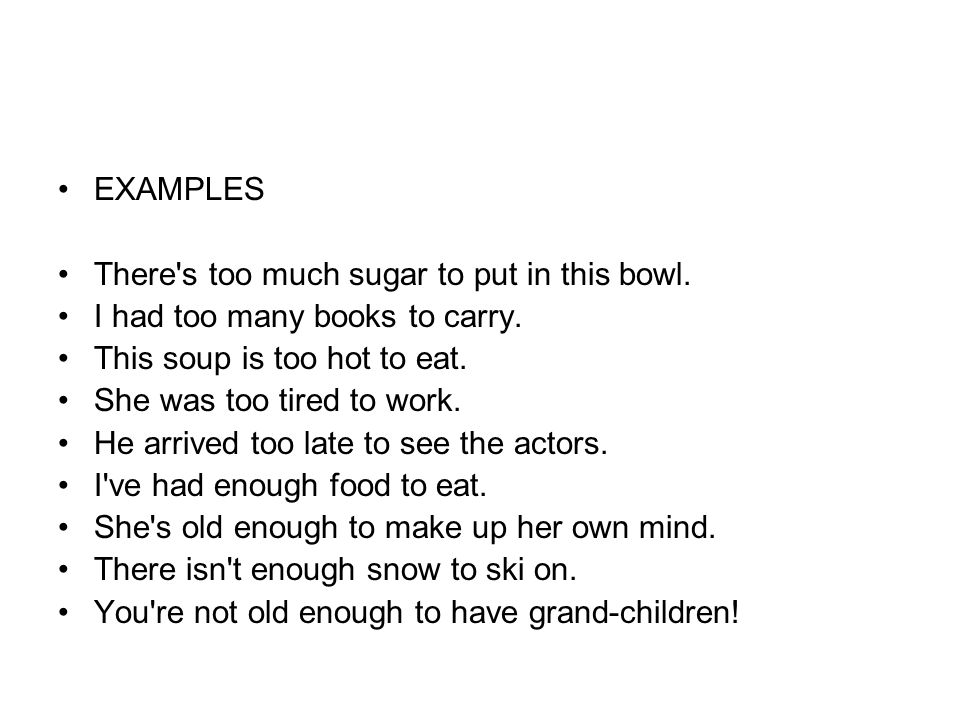 We must not forget that what always holds more weight than the theory is the here-and-now-ness of the living human beings, who are constantly changing and evolving.
We must not forget that what always holds more weight than the theory is the here-and-now-ness of the living human beings, who are constantly changing and evolving.
The Gifts and the Perils
Dr. Mary-Elaine Jacobson, the author of The Gifted Adult, has identified some of the top criticisms a gifted individual often faces:
- “Why don't you slow down?”
- “You worry about everything!”
- “You are so sensitive and dramatic.”
- "You are too driven.”
- “Who do you think you are?”
Emotional Intensity is not a pathology. For someone who is emotionally intense, however, the pain that comes with a pervasive sense of being "too much" is not to be taken lightly – a person can be made to feel ‘wrong" for the most part of his or her life, and internalizing this sense of shame can lead to depression, low self-esteem, inability to self-regulate, and inner emptiness.
Source: UNSPLASH
The good news is, with the right information and support, liberation from the pain of "being too much" is possible. Once you have discovered the origin of your differences, you may begin a journey of retrieving long-lost gifts.
Once you have discovered the origin of your differences, you may begin a journey of retrieving long-lost gifts.
Suddenly, your whole life history makes sense. You realize that a lot of the shame and depression they bear come from ill-informed and uninvited commentary about your unique qualities, and people's fear of what is unfamiliar. In fact, your high level of awareness of subtleties is not only unusual but also extremely precious.
As you step into embracing your unique qualities, you learn to trust your unique ways of relating to the world and can connect to what you have to offer. Themes such as authentic existence, the meaning of life, and purpose of being come to the foreground of awareness, and here you are, embarking on a true journey towards your full potential:
"It doesn't happen all at once," said the Skin Horse. "You become. It takes a long time. That's why it doesn't happen."
"Does it happen all at once, like being wound up," he asked, "or bit by bit?"
"Sometimes," said the Skin Horse, for he was always truthful.
"When you are Real you don't mind being hurt."
"Does it hurt?" asked the Rabbit.
“Real isn't how you are made," said the Skin Horse. "It's a thing that happens to you. When a child loves you for a long, long time, not just to play with, but really loves you, then you become Real often to people who break easily, or have sharp edges, or who have to be carefully kept. Generally, by the time you are Real, most of your hair has been loved off, and your eyes drop out and you get loose in the joints and very shabby. But these things don't matter at all, because once you are Real you can't be ugly, except to people who don't understand.”
—Margery Williams Bianco, The Velveteen Rabbit
Facebook image: panitanphoto/Shutterstock
Been Told You Are 'Too Much' All Your Life?
All your life, you have been told you are "too much."
When you were little, you were overwhelmed by people and noises. At school, you reacted to things when other children don’t. You stood up for justice, even to your disadvantages. Sometimes you did not understand why adults behaved the way they did—inconsistent, dishonest, unfair. One moment you might be full of energy and inspiration, the next moment you were depressed about existential issues of life. Perhaps your family and partner criticized you for being too dramatic, too sensitive, or taking things too seriously.
You stood up for justice, even to your disadvantages. Sometimes you did not understand why adults behaved the way they did—inconsistent, dishonest, unfair. One moment you might be full of energy and inspiration, the next moment you were depressed about existential issues of life. Perhaps your family and partner criticized you for being too dramatic, too sensitive, or taking things too seriously.
Throughout the years, you have become impatient and intolerant with the world, and it is becoming harder and harder to seek deep friendship and soulmates. All your life, you think there is something wrong with you. Never did you consider the possibility that your intensity is pointing towards enormous creative potential.
INTENSITY IS A GIFT
“Overexcitability”—a high level of reactivity of the central nervous system—is a constitutional endowment.
William James noted the "excitability of character" in those who feel things intensely, who are spiritually attuned and feel moved to act on what they strongly believe in or what arouse their curiosity. Psychiatrist Dabrowski coined the term ‘overexcitability’ to capture such trait, and in his research, he found intensity to be common with gifted people. Another translation for the trait is "superstimulatability"—heightened excitability and aliveness; One is easily stimulated, perceptive, persistent, and intense (Piechowski, 2010).
Psychiatrist Dabrowski coined the term ‘overexcitability’ to capture such trait, and in his research, he found intensity to be common with gifted people. Another translation for the trait is "superstimulatability"—heightened excitability and aliveness; One is easily stimulated, perceptive, persistent, and intense (Piechowski, 2010).
Dąbrowski presented five forms of OE: psychomotor, sensual, imaginational, intellectual and emotional, and each contributes to certain qualities:
(The following descriptions are drawn from Webb et al., 2005; Piechoski; Lind, 2001; Jeanne Siaud-Facchinin, 2012):
Intellectual Overexcitability
- You have a hunger for knowledge, and you always seek to understand the truth, to analyze and synthesize a wide range of information
- You love learning, problem-solving, and reflective thinking. This may or may not be reflected in terms of academic achievements.
- You have an active mind and are immensely curious about the world
- You are acutely aware of your surrounding and make keen observations
- You are an independent and critical thinker.
 This means you are less likely to accept things at face values and feel a need to evaluate new information constantly. You may become critical of and impatient with others who cannot keep up or do not share the same excitement about an idea.
This means you are less likely to accept things at face values and feel a need to evaluate new information constantly. You may become critical of and impatient with others who cannot keep up or do not share the same excitement about an idea.
Imaginational Overexcitability
- You have unusually imaginative and fantastical thoughts
- As a child, you may have imaginary playmates, imaginary pets, engage in lots of fantasy play, or spend long hours daydreaming
- You may come across as shy, self-conscious, or have a tendency toward depression
- You worry about issues of life and death more than other people
Emotional Overexcitability
- You can form deep emotional attachments to people, places, and objects.
- With your naturally high empathy, you feel like you have to be the emotional caretaker of whatever environment you walk into.
- You seem to absorb the emotions of people around you and may have trouble setting personal boundaries and separating your feelings and needs from those of others.

- You are uncomfortable with conflicts and concealed anger and could pick up on other people’s passive aggressiveness
- You sponge up others' feelings involuntarily. You could be overwhelmed by the amount of psychic information you receive in a group setting or crowded space.
- As you endeavor to help others or the natural environment, you realize others do not share your idealistic perspective.
- You are told that you are ‘too emotional,’ or ‘too sensitive.’ In some cases, these misunderstandings and attacks can lead you to hide your emotions. Even others perceive you as cold and distant, and you feel everything on the inside. In more extreme cases, you may have learned to dissociate with all feelings altogether and live in a constant state of numbness.
Psychomotor Overexcitability
- You seem to have lots of energy; you love movement and struggle to be still. Your body may fidget and twitch in their excitements. As a child, you might have been given the diagnosis of Attention Deficit Hyperactivity Disorder (ADHD).

- You speak fast, especially when you are excited.
- When feeling emotionally tense, you may act impulsively or compulsively (such as becoming hyper-organized).
- You at times experience insomnia or mild form of mania.
Sensual Overexcitability
- You have a heightened sensitivity to sounds, smells, tastes, and touches. Though you may thrive in chaos, other people’s clutters bother you.
- From an early age, you have a deep appreciation of all the beauty in this world. You have always been drawn to elements of art, language, and music, and tend to immerse deeply in them.
- You are easily over-stimulated or overwhelmed by sensory input.
- As a child, you found clothing tags, classroom noise, perfume, or smells from the cafeteria distracting. Your parents might have been frustrated at things like the cost of specific foods you could eat, the clothing which you find comfortable, or that you did not enjoy ‘normal’ activities due to high-pitched lighting, insufficient downtime, or overwhelming noise.

- You might have withdrawn from your their surroundings as a coping strategy and ended up being perceived as being shy and timid.
Gifts and misdiagnoses
Intensity is a characteristic of gifted children and adults. Yet the word "gifted" is loaded and is misunderstood by most. The traditional definition of "giftedness" has been limited, often associated only with IQ, or traditional talents such as music or sports. The reality is, there are infinite forms of extraordinary abilities. Many emotionally intense people possess a high level of interpersonal intelligence, intrapersonal intelligence, and spiritual intelligence. Scholars now agree that giftedness is best defined as "the potential for exceptional achievement"; with the right kind of support and nurture, this potential can be realized.
In terms of neuroscience, intense people have innately higher neural interconnectedness. For you, sensory information reaches the brain much faster than the average, and the information is processed in a significantly shorter time, which contributes to intense intellectualizing and hypersensitivity to the environment (Siaud-Facchin, Jeanne, 2002). Intense people are true game-changers of the world.
Intense people are true game-changers of the world.
To the extent you have intellectual overexcitability, you are likely to question, evaluate, an scrutinize the existing system. Your passion for learning allows you to synthesize knowledge drawn from various sources, providing a vast horizon. Your imaginary OE means you can easily envision how things might be, and paint a picture that is outside of most people’s imagination. Emotional OE makes you sensitive to issues of morality. Feeling into others' pain inform meaningful changes that are needed. Psychomotor OE propels you to take actions and provides you with stamina and motivation.
People with overexcitabilities are endowed with greater potential and awareness, but they are also more prone to emotional and interpersonal crisis. For instance, as an intellectually intense child, you might have eagerly blurted out answers in the classroom and be considered disruptive; your inability to sustain attention on what you were not interested in was deemed to be defiant.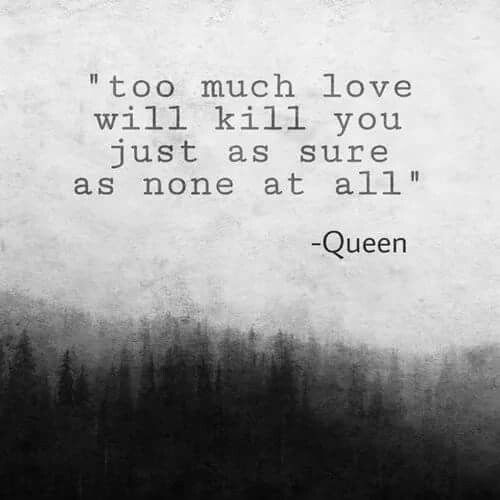 As an adult, you may enjoy solitary pursuit, or you have to be alone because it is difficult to find people who could keep up with you intellectually. You feel lonely on the inside, yet others merely see you as being aloof and arrogant.
As an adult, you may enjoy solitary pursuit, or you have to be alone because it is difficult to find people who could keep up with you intellectually. You feel lonely on the inside, yet others merely see you as being aloof and arrogant.
Not everyone is fortunate enough to have realized their gifts, or have supportive family and friends to affirm their identity as a misfit. Without knowledge and awareness, having an operating system that is ‘out of sync’ can create feelings of shame that affects you throughout your life
Unfortunately, health care professionals often handle brain difference in a narrow fashion. To apply labels and diagnoses to people, clinicians and therapists have relied on standardized manuals such as the DSM, or rigid protocols. Overexcitabiities are incorrectly diagnosed as mental disorders. If you are intense, your high energy might be interpreted as ADHD, intense emotions as Borderline Personality Disorder, bouts of creative obsessions as Bipolar, perfectionism as OCD and existential depression as clinical depression.
Of course, people who were born intense and sensitive are not immune to medical disorders. However, the natural characteristics of intense people can look like pathology even when there is not any.
Are you saying I am "special"?
Since we have used the word gifted, you may ask: Am I really that "special"? Are you suggesting that I am superior in some way? Does this further alienate me from those around me? You might be afraid of the extent of your power, and of feeling even more lonely than you already feel.
Here is a more useful way of thinking about it: We all have our unique blueprints, and everyone is being gifted to do certain things in the world. Maybe you are qualitatively different from someone who is less intense, but that does not make you any better or worse. We are all nature’s creation, perfect in our form. As Alan Watts poignantly puts: “In the spring scenery there is nothing superior, nothing inferior; flowering branches grow naturally, some short, some long. From this standpoint, you see, everybody is seen to be a perfect manifestation of the Godhead or of the void or whatever you want to call it.”
From this standpoint, you see, everybody is seen to be a perfect manifestation of the Godhead or of the void or whatever you want to call it.”
However, when you are born into the world with a fast brain, fierce passion, the ability to see things penetratively and to feel things deeply, you ought to embrace them. As your body already knows, suppressing your expression leads to existential guilt, depression, restlessness, physical pain, and chronic emptiness. In other words, you don’t have a choice but to follow where your intensity leads.
You are both special, and interconnected with everything else in nature. In nature, there is no superiority and inferiority. All things, beings, are unique as it is.
"Be humble, for you are made of earth. Be noble, for you are made of stars". —Serbian Proverb
**
A Letter to the Intense Souls
For a long time,
You might have resented the fate of being a misfit.
You wish it could all have been easier, that you were able to fit in, feel belonged, and have less anxiety.
However, it is not up to you whether or not you are born a conformist.
If you could rest with an ‘easy life’, you would have.
If you could give up on your quest to stand up for what you believe in, despite all inconvenience, you would have.
You did not choose your fate.
You did not set out to be a rebel, but hypocrisies hurt you.
You did not opt-in to be a black sheep, but you are not winning in the dog-eat-dog world.
You did not choose to have a fast brain, a soft heart, a complex mind, and a sensitive body;
But it is now up to you to work with what you are endowed.
You were once disempowered, confused, and shamed.
But you also have all the power from here on, to take the matter into your own hands.
It is on you, to nurture the wounded child that was once ostracised,
to honor your gifts while accepting your flaws,
to set healthy limits with friends and family,
to find other misfits, and kindred spirits that offer you courage and solace,
to say no to the "shoulds," and say yes to the "wants,"
and finally, to compassionately kiss the socially-compliant facade goodbye, and embrace your truest innermost nature.
Series Too many lovers watch online for free all series in a row in good HD 1080 / 720 quality
A man and a woman lie down in bed, begin sexual foreplay. Suddenly, the woman sees behind her lover a man in a hood and mask. An alien hits a man in bed over the head with a champagne bottle.
The man comes to his senses. He is tied to the bed. The burglar demands the code for the home safe. The man refuses him in a rude way: do you know who you contacted? They will roll you into asphalt. The robber with the help of pliers breaks his victim's finger on his hand. The man calls the safe code. The robber extracts money, jewelry, a gold watch from there. He orders the woman to give his lover an injection. She carries out the order of the robber.
Office of private detective Pavel Sinichkin. He shows the customer, television presenter Inessa Godunova, a recording from a surveillance camera, which shows Inessa's husband Roman getting into bed with his mistress.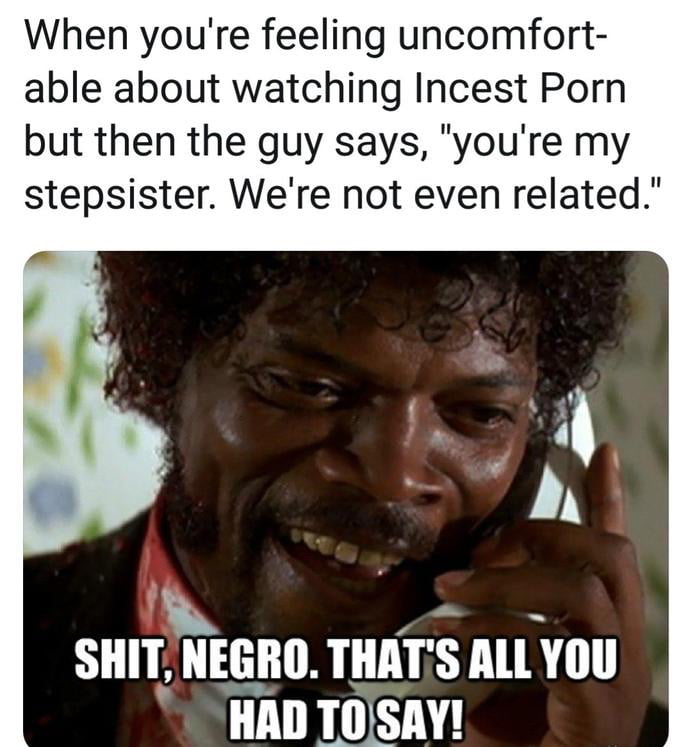 Pavel asks his assistant Rimma to make coffee for the client. Inessa refuses. She thanks Pavel for a job well done and prepares to leave. Pavel asks Inessa to sign the certificate of completion. The client puts her signature, says that Pavel helped her. Now she is filing for divorce.
Pavel asks his assistant Rimma to make coffee for the client. Inessa refuses. She thanks Pavel for a job well done and prepares to leave. Pavel asks Inessa to sign the certificate of completion. The client puts her signature, says that Pavel helped her. Now she is filing for divorce.
Pavel catches up with Inessa on the street. He asks her not to get excited and wait with the divorce. Pavel claims that Roman did not look happy in the video, he looks like he was in hard labor. You should not immediately cross out a marital relationship that is already ten years old. Inessa promises to think. Pavel, who himself recently experienced a divorce, undertakes to prove that Roman really values his family.
After work, Rimma persuades Pavel to go with her to an amusement park. Pavel promises to pick up the girl in two hours, but does not keep his promise. Instead, he meets Rimma's uncle, police colonel Alexander, at a bar. Pavel is pleased with the way Rimma works, only he is worried that the girl, apparently, has tender feelings for him.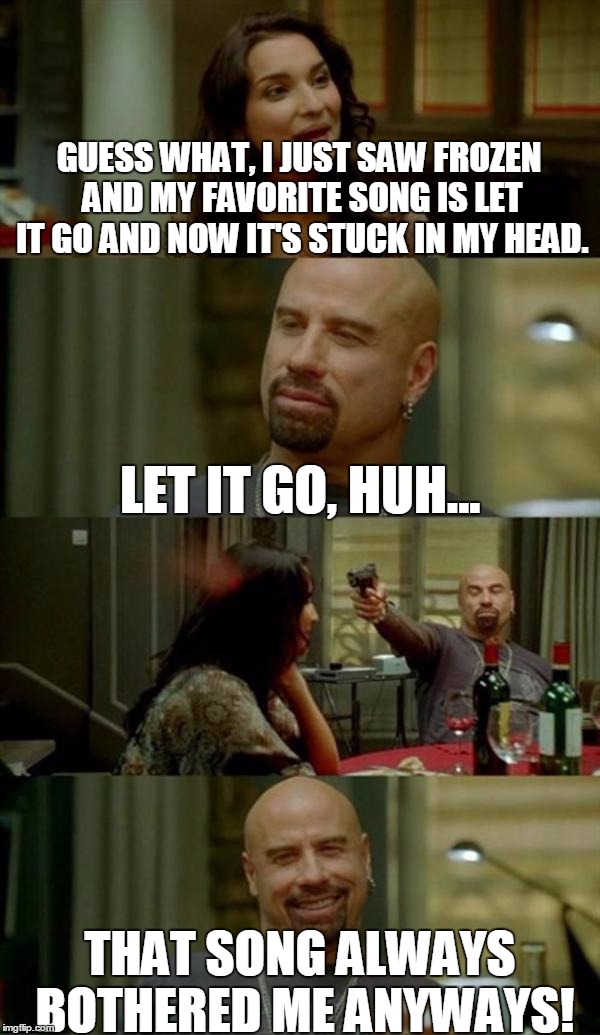 After parting with Alexander, Pavel starts a quarrel with Roman sitting at the bar, commenting on the appearance of Inessa, which is just being shown on TV. The quarrel ends in a fight, the guard exposes the brawlers from the bar. On the street, Pavel apologizes to Roman, starts a heart-to-heart talk with him. Pavel says that, after he lost his favorite job, he became a manager and, out of career motives, was forced to sleep with the daughter of the owner of the company, who fell madly in love with him. Pavel reprimands Roman for this and offers to improve relations with his wife.
After parting with Alexander, Pavel starts a quarrel with Roman sitting at the bar, commenting on the appearance of Inessa, which is just being shown on TV. The quarrel ends in a fight, the guard exposes the brawlers from the bar. On the street, Pavel apologizes to Roman, starts a heart-to-heart talk with him. Pavel says that, after he lost his favorite job, he became a manager and, out of career motives, was forced to sleep with the daughter of the owner of the company, who fell madly in love with him. Pavel reprimands Roman for this and offers to improve relations with his wife.
The next day Inessa calls Pavel. She says that they talked with her husband for several hours. He promises to part with his mistress and return to his beloved business: to take out a bank loan, reopen the studio and start staging movie stunts.
A client comes to Pavel, who introduces himself as Vyacheslav. He says he doesn't want publicity. Vyacheslav is not going to sign the contract, he pays in cash. He is looking for his mistress, manicurist Alena Rumyantseva. She disappeared three days ago, does not appear at work, does not answer calls, deleted her accounts from social networks. Vyacheslav did not contact the police, because Alena is married.
He is looking for his mistress, manicurist Alena Rumyantseva. She disappeared three days ago, does not appear at work, does not answer calls, deleted her accounts from social networks. Vyacheslav did not contact the police, because Alena is married.
Pavel goes to Alena's apartment. There he meets her husband, Evgeny Zyuzin. Zyuzin is in a hurry somewhere, leaves the house. Pavel is talking to Zyuzin's neighbor. She says that Zyuzin and Rumyantseva lived poorly. One night she heard a scandal that ended with the beating of Alena. Her husband was jealous.
Rimma comes to the beauty elephant where Alena worked. She does a manicure and talks to a salon employee. Rimma learns from her that Alena had a bad relationship with Zoya. Zoya and Alena went to school together in the city of Solsk. Zoya wanted to become the director of the salon, but Alena got this position instead, she was helped in this by her lover, a major official who put pressure on the owner of the salon. After the disappearance of Alena, Zoya became the director.
Pavel discovers that he is being followed. Someone follows him in a gray car.
Deciding to atone for his guilt, Pavel invites Rimma to a restaurant. She invites the boss to a slow dance. Pavel asks Rimma, through her uncle, to find out if Alena filed a complaint against Zyuzin for beatings.
Pavel comes to the beauty salon, tries to talk to Zoya. She claims that she does not communicate much with Alena. But in Zoya's computer, Pavel manages to see a photo where Zoya, together with Alena and Evgeny, is sitting at the table. In another picture, Zoya, Alena and Evgeny starred next to the sign: Kamilevo.
Zoya goes outside, Pavel follows her. Suddenly, Zoya is attacked by two men who got out of the gray car that was chasing Pavel. Pavel stands up for Zoya, gets stabbed in the arm. Zoya uses a gas canister. The bandits retreat. Zoya is bandaging Pavel.
Pavel says that Zoya should go to Solsk. He temporarily arranges Zoya in the house of his friend, retired colonel of the foreign intelligence service Valery Petrovich.
Rimma comes to Valery Petrovich's house. She says that Alena applied for her husband, but then she took him away. Pavel says that he knows where to look for Zyuzin.
Pavel and Rimma arrive in Kamilevo, enter Zyuzin's country house and find his corpse there. Someone tied Zyuzin to a chair and beat him to death with a poker. Rimma is trying to call the police from her mobile phone. Pavel stops her: you need to call from a payphone, introduce yourself as a neighbor who went to Zyuzin and found his body. Otherwise, we will not be able to continue to investigate Alena's disappearance. Pavel invites Rimma to inform his uncle about what happened.
Pavel and Rimma are talking to Alexander. He says that the gray car, on which the bandits followed the private detective, is listed as stolen, and it is registered to a bedridden old man. Neighbors did not see anyone else entering Zyuzin's house.
Pavel calls Vyacheslav. He says that he was set up with Zyuzin, he wants to return the advance and abandon the case. Vyacheslav offers to meet in a few hours at the hotel where he rents a room.
Vyacheslav offers to meet in a few hours at the hotel where he rents a room.
Pavel tries to find out what Zoya is hiding. She says that it was she who arranged for Zoya in the salon. And Zoya did not behave decently with her. Arriving in Moscow, Alena married a Muscovite Zyuzin, who at that time was a sweet and promising young man. Then it turned out that Alena was barren. But Zyuzin did not want to have children. After a while, Alena fell in love. Her chosen one, Andrei Shaev, called himself a police captain. Alena even wanted to talk to her husband about a divorce, but Zyuzin was ahead of her, he found out about his wife's betrayal. It was then that he first beat Alena. Shaev suddenly disappeared. Alena tried to find him, turning to her brother for help, that police major in Solsk. It turned out that no captain Shaev exists. Andrey for some reason lied to Alena. Later, Alena resigned herself to the disappearance of her lover, got another lover. And then she disappeared.
Pavel arrives at the hotel, but is told that Vyacheslav Dvubratov called a taxi a few hours ago and left for a restaurant.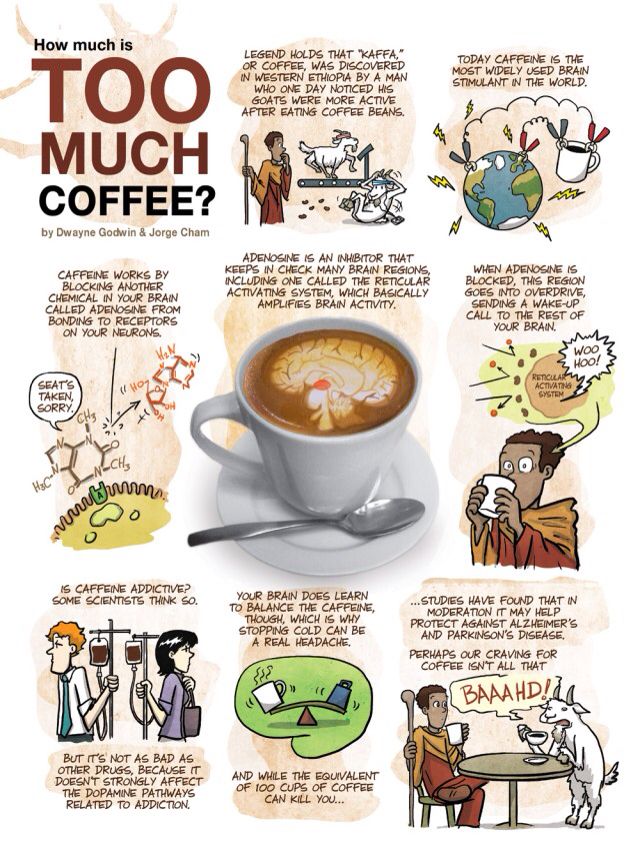 Pavel returns to the car, where Rimma is waiting for him. A man sits in the back seat holding a gun to the back of the girl's head.
Pavel returns to the car, where Rimma is waiting for him. A man sits in the back seat holding a gun to the back of the girl's head.
Pavel and Rimma are brought to the mayor of Solsk, Mikhail Vorsyatov. It was on his instructions that Dvubratov turned to Pavel. Vorsyatov tells Pavel that Dvubratov is missing. Pavel asks Vorsyatov about his relationship with Alena. The mayor says he met his mistress in a country house. And a few days ago, another love meeting ended in a robbery. Having broken Vorsyatov's finger, the robber forced him to give the code of the safe and stole money and jewelry worth 20 million dollars from there. Vorsyatov insists that Pavel continue the investigation. Rimma meets Vorsyatov's first deputy, Sosnikhin.
Zoya leaves Valery Petrovich's house and takes a taxi to the railway station, from where she wants to go by train to her hometown. Pavel accompanies Zoya, they stop by her house together so that she can pack her things. Pavel manages to take some pictures with his phone, which he discovers in Zoya's apartment.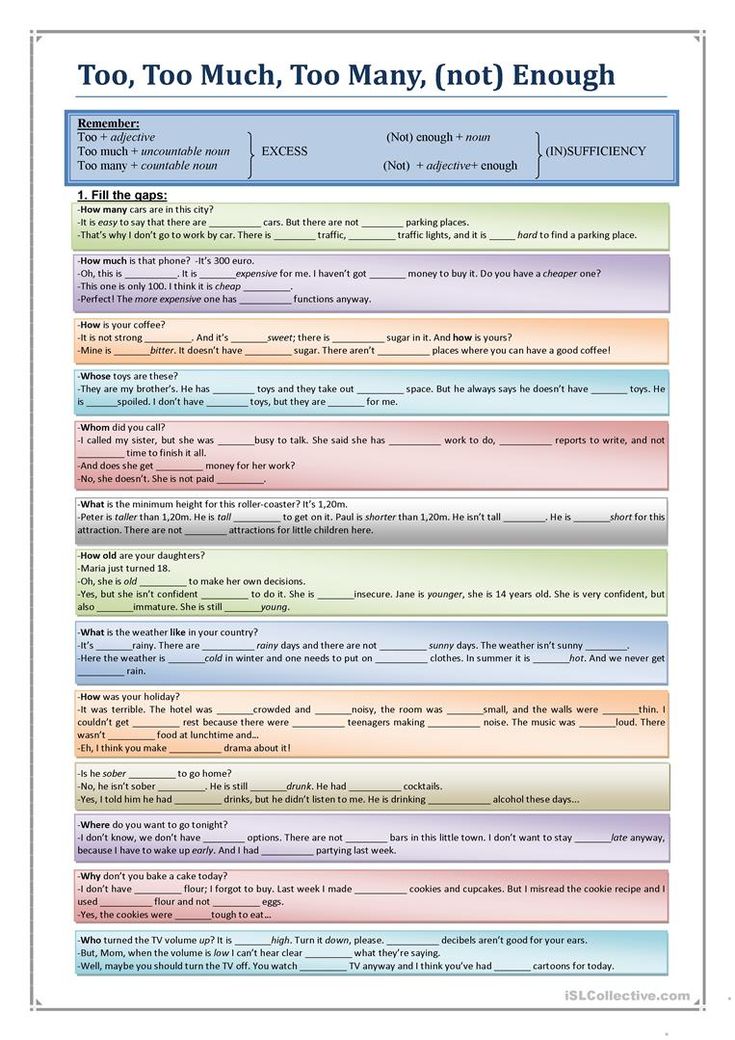 On one of them is Zoya's son. She says that the boy lives with her friends in the village. He often gets sick, he needs fresh air.
On one of them is Zoya's son. She says that the boy lives with her friends in the village. He often gets sick, he needs fresh air.
Rimma goes with Sosnikhin to a cottage settlement where Vorsyatov's house is located, which he used to meet Alena. Rimma finds out that it is almost impossible to get into the village unnoticed, it is carefully guarded. Rimma puts forward a version: the robber climbed into the trunk of Vorsyatov's car when he had lunch with Alena in a restaurant. So he managed to get into Vorsyatov's house.
Sosnikhin is taking Rimma to the city. She asks to stop the car, takes off her shoes, walks along the footbridge to the pond. Rimma says that she could live in such a place all her life. She asks the driver Sosnikhin to turn on the music louder in the car, invites Sosnikhin to dance. Then Rimma pretends to put her foot in a thorn. Sosnikhin carries her to the car in his arms.
Rimma comes to Valery Petrovich's house. He drinks tea with Pavel. Pavel scolds Rimma for an amateur investigation and for not calling him.
A girl is walking in the park with her dog. Suddenly the dog stops in front of the bushes. Her mistress sees the corpse of a man lying under a bush.
Rimma tells Pavel that she will quit his agency and join her uncle in the Ministry of Internal Affairs. Paul's phone rings. He says to Rimma: just now and talk to him. Rima answers the phone. Alexander asks where is Pavel. He left. Tell him that Dvubratov was found, he was killed. Pavel grabs the phone from Rimma's hands.
"Too Many Fields Defined" Error - Office
Twitter LinkedIn Facebook E-mail address
- Article
- Reading takes 2 minutes
-
- Applies to:
- Access for Microsoft 365, Access 2019, Access 2016, Access 2013, Access 2010, Access 2007
Moderation: Basic macro, programming and interaction skills required.
This article applies to a Microsoft Access database (MDB) only.
Symptoms
When you save a table after adding a new field or changing the properties of an existing field, you will receive the following error message:
Too many fields defined.
This message is followed by:
Errors occurred while saving. The data types have not been changed.
You receive these messages even if the table has no more than 255 fields defined.
NOTE This message is also displayed when adding or changing fields in a report based on a table with too many fields.
Cause
The internal number of columns that Microsoft Access uses to keep track of the number of fields in a table has reached 255, even though the table may have fewer than 255 fields. This can happen because Access doesn't change the number of internal columns when you delete a field. Access also creates a new field (increasing the number of internal columns by 1) for each field whose properties you change.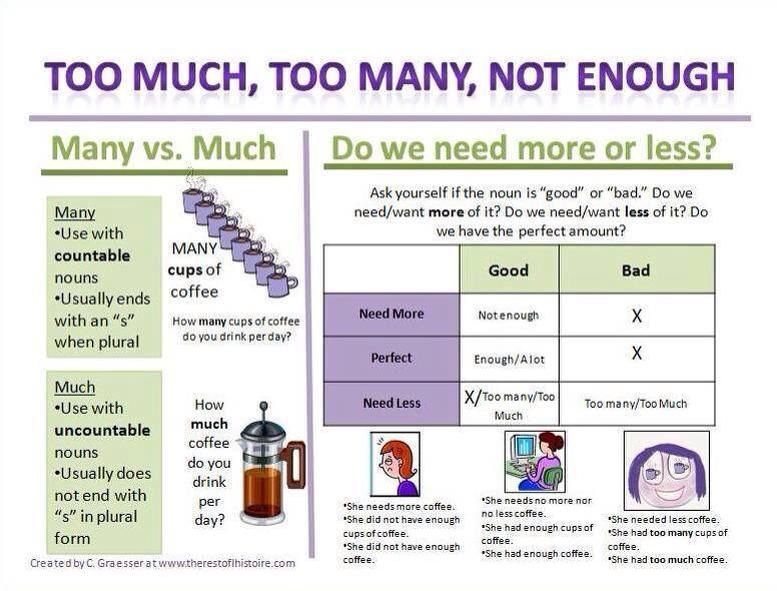
Resolution
To free the internal column count for deleted fields or for fields whose properties you are changing, do one of the following:
-
Shrink the database. To do this, hover your mouse pointer over Database Utilities on the Tools menu, and then select Shrink and Repair Database.
-
Create a new copy of the table. To do this, follow the steps below.
- Record any links to the table.
- Select a table.
- On the File menu, click the Save As button.
- In the Table Name field to save the table, enter a new name and click OK.
- Select the same table you selected in step 2 and press the DELETE key.
- Rename the table saved in step 3 to the original table name.
- Re-establish links to the new table.
Access can define up to 255 fields in a table. If you create 255 fields and then delete 10, Access doesn't release the fields from the internal column count. Also, for each field whose properties you change, Access creates a new field and does not free the original field from the internal number of columns.
Also, for each field whose properties you change, Access creates a new field and does not free the original field from the internal number of columns.
Steps to reproduce behavior
The code example in this article uses Microsoft Data Access objects. For this code to run correctly, you must reference the Microsoft DAO 3.6 Object Library. To do this, click Links on the Tools menu in the Visual Basic Editor and ensure that the Microsoft DAO 3.6 Object Library check box is selected.
- Create the following Visual Basic for Applications to create a table with 255 fields:
'************************************************** ***************** 'Declarations section of the module '************************************************** *************** Option Compare Database Option Explicit '************************************************** *************** ' The Fill_Table() function creates a table in the current database ' named Field Test with 255 fields, each of which has a Text data 'type and a size of one character.'************************************************** *************** Function Fill_Table() Dim mydb As DAO.Database Dim tbl As DAO.TableDef Dim fld As DAO.Field Dim i As Integer Set mydb = CurrentDb() Set tbl = mydb.CreateTableDef("Field Test") For i = 0 To 254 Set fld = tbl.CreateField("Field" & CStr(i + 1)) fld.Type = dbText fld.Size = 1 tbl.Fields.Append fld Next i mydb.TableDefs.Append tbl end function
-
Enter the following line in the Immediate window to run the function and create the table:
Fill_Table
-
View the Test Fields table in the designer, and then delete the last field so that only 254 fields are defined in the table.
-
Add the field again and try to save the table. Please note that you receive the following error messages:
Too many fields defined.


